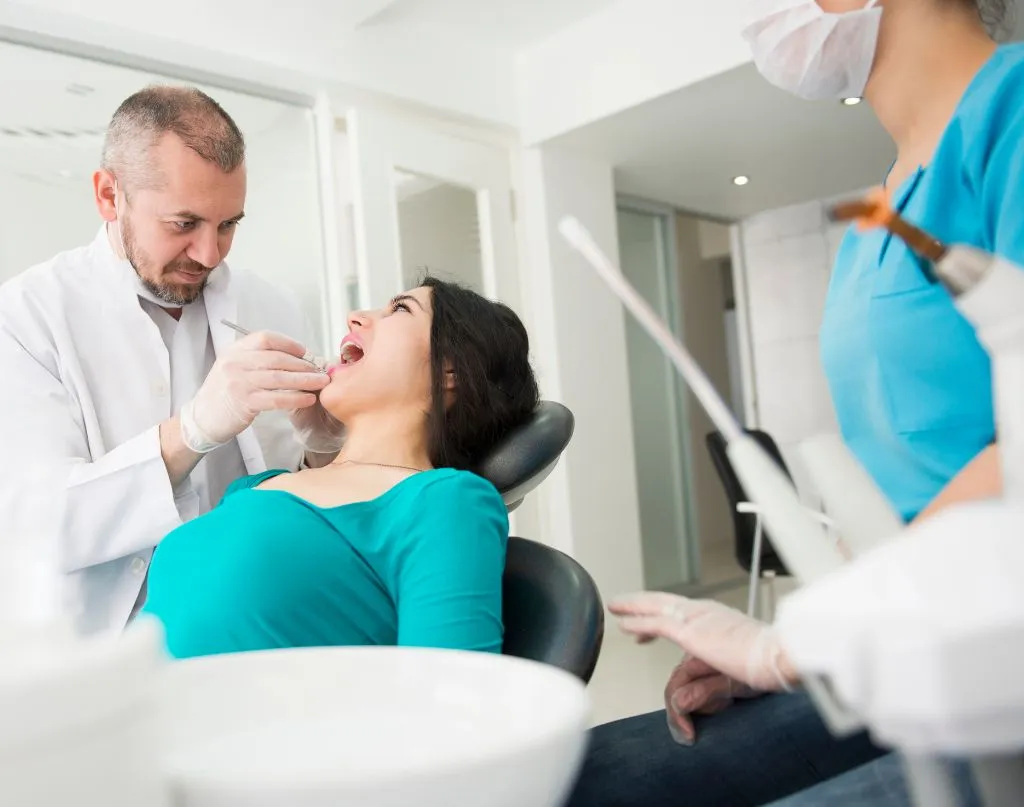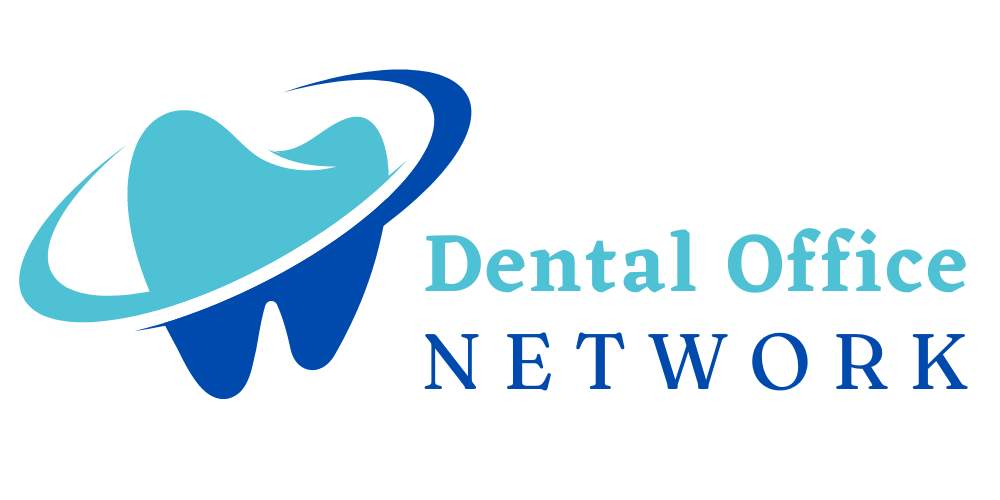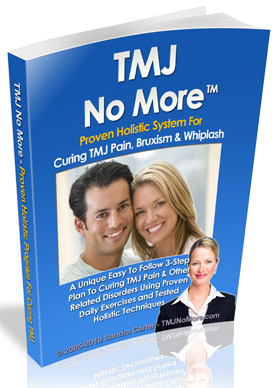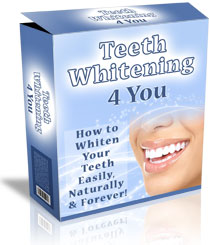Dental emergencies can happen to anyone at any time. Whether it’s a sudden toothache, a chipped tooth, or a broken crown, it’s important to know where to go for emergency dental care. But with so many options available, how do you find the best dental emergency office near you? In this article, we will discuss what to really search for when looking for a dental emergency office near you.
One of the first things to consider when looking for a dental emergency office near you is the location. You want to find an office that is convenient for you to get to in case of an emergency. Ideally, you should look for an office that is within a reasonable distance from your home or workplace.
In addition, you should also consider the accessibility of the office. Is there ample parking available? Is the office located on a busy road that may be difficult to navigate during rush hour? These are important factors to consider when choosing a dental emergency office.

When searching for a dental emergency office near you, it’s important to look for offices that offer emergency services. Not all dental offices provide emergency care, so it’s important to do your research and find an office that can provide the care you need when you need it.
Emergency dental services may include treatment for toothaches, broken or chipped teeth, loose or lost fillings or crowns, and other dental emergencies. Make sure the office you choose is equipped to handle your emergency needs.
Before choosing a dental emergency office near you, it’s important to check the reputation of the office. You can do this by reading online reviews, asking for recommendations from friends or family members, and checking with the Better Business Bureau.
Look for an office with a good reputation for providing quality care, treating patients with compassion and respect, and offering fair and transparent pricing.
Dental emergencies can happen at any time, so it’s important to find an office that offers flexible hours of operation. Look for an office that is open on weekends or evenings, or has extended hours during the week.
Some dental emergency offices even offer 24/7 emergency care, so you can get the care you need no matter what time of day or night it is.
Dental emergencies can be expensive, so it’s important to find an office that accepts your insurance. Make sure to check with your insurance provider to see which offices in your area are in-network.
If you don’t have dental insurance, look for an office that offers payment plans or accepts credit cards. Some offices may also offer discounts for cash payments or for patients without insurance.
When it comes to emergency dental care, it’s important to find a dentist who is qualified and experienced in treating dental emergencies. Look for a dentist who has the necessary training and experience to handle a variety of dental emergencies, such as toothaches, broken teeth, and abscesses.
In addition, you should also look for a dentist who is patient-focused and who takes the time to listen to your concerns and answer your questions.
By taking the time to research and evaluate different dental emergency offices in your area, you can ensure that you have access to high-quality emergency dental care when you need it. It’s important to remember that dental emergencies can happen at any time, so it’s a good idea to have a plan in place ahead of time.
You can start by compiling a list of potential dental emergency offices near you and conducting research to determine which office is the best fit for your needs. Make sure to read online reviews and ask for recommendations from friends or family members who have had experience with emergency dental care.
When evaluating different offices, pay attention to their hours of operation, the emergency services they offer, and their insurance acceptance policies. You should also make sure to choose a dentist who is qualified and experienced in treating dental emergencies.
Ultimately, finding the best dental emergency office near you requires a bit of time and effort, but it’s well worth it in the event of a dental emergency. By having a plan in place, you can ensure that you receive prompt and effective care when you need it most.
In addition to finding the right dental emergency office, it’s also important to know how to handle common dental emergencies. Here are a few tips on what to do in the event of a dental emergency:
Toothache: A toothache can be caused by a variety of factors, including tooth decay, gum disease, or a cracked tooth. To ease the pain, rinse your mouth with warm water and floss gently to remove any food particles that may be causing the pain. You can also take over-the-counter pain relievers like ibuprofen or acetaminophen.
Chipped or Broken Tooth: If you chip or break a tooth, rinse your mouth with warm water and apply a cold compress to the affected area to reduce swelling. Save any pieces of the tooth if possible, and call your dentist as soon as possible.
Knocked-Out Tooth: If you knock out a tooth, it’s important to act quickly. Rinse the tooth gently with water, being careful not to remove any tissue fragments that may be attached. Try to place the tooth back in the socket if possible, or keep it moist in a container of milk or saliva until you can get to the dentist.
Lost Filling or Crown: If you lose a filling or crown, rinse your mouth with warm water and try to find the filling or crown if possible. You can use dental cement or sugarless gum to temporarily fill the hole until you can get to the dentist.
Abscess: An abscess is a painful infection that forms at the base of a tooth or in the gums. If you have an abscess, rinse your mouth with warm saltwater and apply a cold compress to the affected area. You will need to see a dentist as soon as possible to treat the infection.
While dental emergencies can happen to anyone, there are steps you can take to reduce your risk. Prevention is key when it comes to maintaining good oral health and avoiding dental emergencies.
Here are a few tips for preventing dental emergencies:
Practice Good Oral Hygiene: Brush your teeth at least twice a day and floss daily to remove plaque and bacteria that can lead to tooth decay and gum disease.
Eat a Healthy Diet: Avoid sugary and acidic foods and drinks that can erode tooth enamel and cause cavities. Instead, eat a diet rich in fruits, vegetables, and whole grains.
Wear a Mouthguard: If you participate in sports or other physical activities, wear a mouthguard to protect your teeth from injury. Avoid Using Your Teeth as Tools: Don’t use your teeth to open packages or bottles, as this can cause them to chip or break.
Visit Your Dentist Regularly: Regular dental checkups and cleanings can help detect and treat dental problems before they become emergencies. Dental emergencies, such as tooth decay, gum disease, and oral infections, can be painful and costly to treat. While proper oral hygiene practices, such as brushing and flossing regularly, can help prevent these issues, recent research has shown that using a dental probiotic can also play a role in dental health.
Use A Dental Probiotic Regularly: A dental probiotic is a supplement that contains beneficial bacteria that help maintain a healthy balance of oral flora. These beneficial bacteria work by suppressing the growth of harmful bacteria that can cause dental issues such as tooth decay and gum disease.
One of the key benefits of using a dental probiotic is that it can help prevent tooth decay. Tooth decay is caused by the buildup of harmful bacteria in the mouth, which can lead to the production of acids that damage the tooth enamel. By using a dental probiotic, beneficial bacteria can help prevent the growth of harmful bacteria, thereby reducing the risk of tooth decay.
Another benefit of using a dental probiotic is that it can help prevent gum disease. Gum disease is caused by the buildup of plaque and tartar on the teeth, which can lead to inflammation and infection of the gums. By using a dental probiotic, beneficial bacteria can help break down plaque and prevent the growth of harmful bacteria, thereby reducing the risk of gum disease.
In addition to preventing tooth decay and gum disease, using a dental probiotic can also help prevent oral infections. Oral infections can occur when harmful bacteria enter the bloodstream through the gums or oral tissues. By using a dental probiotic, beneficial bacteria can help prevent the growth of harmful bacteria, thereby reducing the risk of oral infections.
It is important to note that using a dental probiotic should be done in conjunction with other oral hygiene practices, such as brushing and flossing regularly. Additionally, it is important to choose a high-quality dental probiotic that contains strains of bacteria that have been clinically proven to be effective.
In conclusion, using a dental probiotic can play a beneficial role in preventing dental emergencies. By promoting the growth of beneficial bacteria and suppressing the growth of harmful bacteria, a dental probiotic can help prevent tooth decay, gum disease, and oral infections. However, it is important to remember that a dental probiotic should be used in conjunction with other oral hygiene practices and that a high-quality product should be chosen. By taking a comprehensive approach to dental health, individuals can reduce their risk of dental emergencies and enjoy a healthy, beautiful smile for years to come.













1 Comment
[…] Dental Emergency Office Near Me: What To Really Search For […]
Comments are closed.